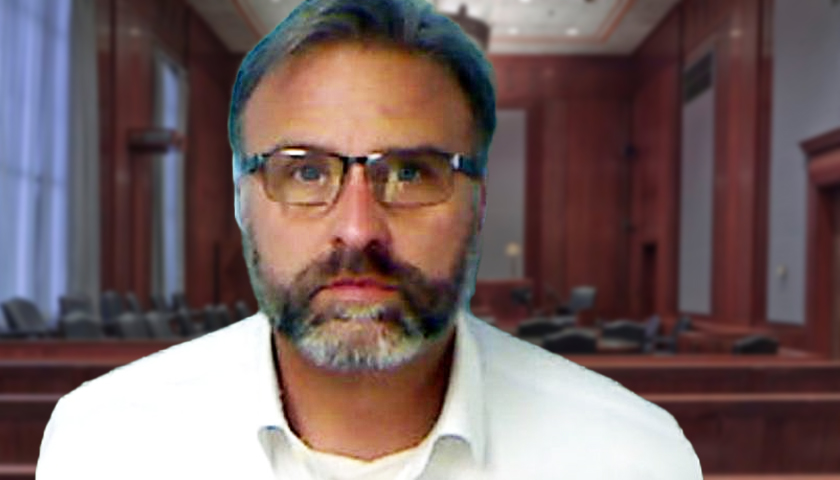Acting U.S. Attorney Michelle M. Baeppler announced that a federal jury returned guilty verdicts Wednesday against Defendant Raymond A. Erker, 50, of Avon, Ohio, following a seven-day trial before U.S. District Judge Dan Polster in Cleveland, according to a press release by the Northern District of Ohio U.S. Attorney’s Office.
Erker, a former investment advisor, was convicted of stealing more than $9.3 million from clients in a Ponzi scheme. Erker is scheduled to be sentenced on July 7th, 2022. Also charged were co-defendants Kevin Krantz, 56, and Tara M. Brunst, 47, both of Olmsted Falls, according to the press release. Both Krantz and Brunst previously pleaded guilty to their roles in the scheme and are awaiting sentencing.
According to court documents and evidence presented at trial cited by the press release, from January 2013 through July 2018, Erker, Krantz and Brunst conspired together to devise a scheme that stole $9,366,976.37 from at least 54 investors. As part of the scheme, Erker sold investments to clients that he misrepresented as annuities and senior secured notes with no risk of loss and with a guaranteed rate of return.
Court documents cited by the press release also state that Erker and the co-conspirators, without the approval or consent of investors, diverted funds to other entities that they controlled and their personal bank accounts. Additionally, Erker failed to disclose to clients that he maintained substantial or limited ownership interests in companies receiving investments from the scheme. To keep up with promised rates of return, Erker falsely represented that payments to previous investors were rates of return and interest when the payments were actually new investor funds, the defining characteristic of a Ponzi scheme, the press release notes.
Erker was also convicted of making a false statement under oath, according to the press release. On October 9th, 2019, while under oath in the United States Bankruptcy Court for the Northern District of Ohio, Erker stated that he disclosed to investors that he owned the companies the investors gave him money to invest in, when in fact, Erker knew that statement to be false.
To avoid detection, Erker and his co-defendants set up office fronts in Delaware and Nevada, contracted with call centers and created false websites and account statements that purported to show investor account balances, according to the press release.
– – –
Kaitlin Housler is a reporter at The Tennessee Star and The Star News Network.








